Famous Civil War People
Top 10 People in the American Civil War
The American Civil War began in response to the long-standing enslavement of black people, which was legal even at the time of the Declaration of Independence in 1776.
The Civil War, which broke out in April 1861, was fought between the North (Union) and the South (Confederate States). Convinced that white supremacy and the institution of slavery were both threatened by the election of Lincoln as President, the Confederacy declared its secession from the United States.
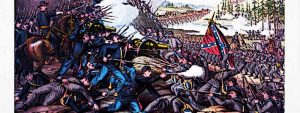
Below are the top ten people that played a major role during – and in the outcome of – the American Civil War
1. Abraham Lincoln
The 16th President of the United States, Lincoln was the first ever Republican President. He declared the secession of South Carolina illegal and pledged war during the federal union in 1861. During the four years of the Civil War, he led the North to victory.
He authored the Emancipation Proclamation, dealing a severe blow to the institution of slavery in the USA.
He was assassinated on April 14th, 1865 by a well-known stage-actor, John Booth, in a failed attempt to reignite the Confederacy. He succumbed the next day in Peterson House, opposite the theatre. Booth was killed after a twelve-day man-hunt.
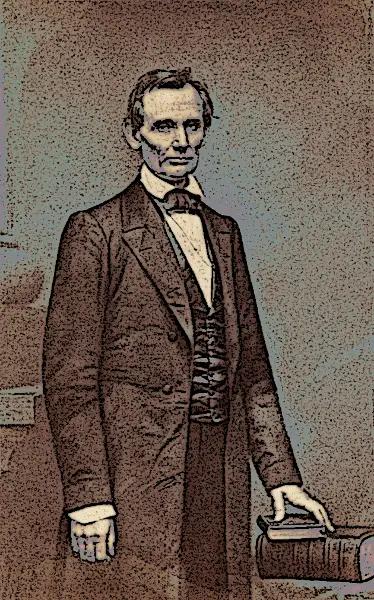
Abraham Lincoln was the 16th president of the united States of American President Cooper Union Speech
2. Jefferson Davis
The first and only President of the Confederate States, Davis had a distinguished career as the Secretary of War to President Franklin Pierce. A moderate leader, he never had any real power over the Confederates and was unable to keep a strong grip on the secessionist states, acting as his own Secretary of War during the Civil War.
His weak economic policies failed to provide the South with a stable currency or enough industrial capacity to prevail in the war.
He was stripped of his citizenship at the end of the War and sought refuge in Europe, returning to the United States only after the treason case against him was dropped. He died in New Orleans in 1889.
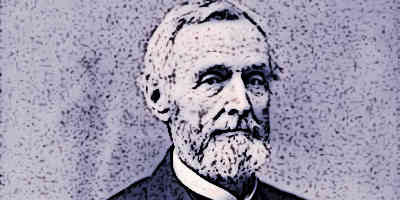
3. Clara Barton
An independent nurse during the Civil War, Barton was the founder of the American Red Cross (1881). During the War, she sought to help soldiers in any way she could and was soon dubbed ‘Angel of the Battlefield’ for her work.
She first saw combat in Virginia in 1862.
After the end of the war in 1865, Barton worked for the War Department, helping to either reunite missing soldiers and their families or find out more about those who were missing.
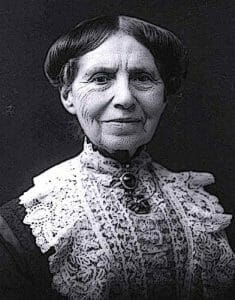
4. Nathan Bedford Forrest
A General of the Confederate Armed Forces, Forrest made his fortune as a cotton planter and slave trader. During the war, he allegedly allowed the massacre at Fort Pillow, and was afterward also associated with the Ku Klux Klan.
While his forces experienced some victories and some defeats during the course of the war, Forrest finally chose to surrender his forces in May 1865 upon hearing of General Robert E. Lee’s surrender at Appomattox Court House.
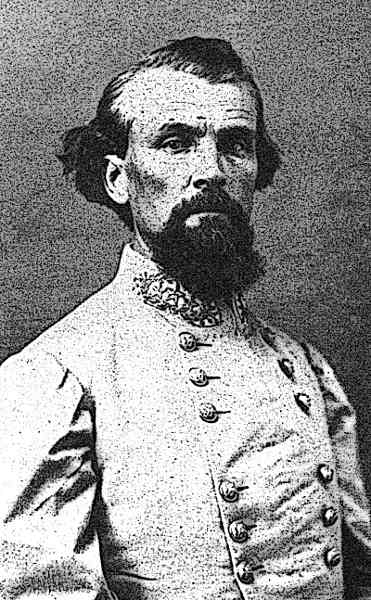
5. Kit Carson
Carson was an American soldier, who later became an agent against the Native people, and contributed greatly towards the western expansion of the United States. Primarily working with the Utes and the Jicarilla Apaches, he saw firsthand the effects on the Natives as a direct result of the western migration of the White Settlers on Native land.
He led campaigns against Native tribes, such as the assault against the Navajo tribe; in which his troops forced the starving and exhausted Navajo to march 300 miles towards the reservation, a journey (known as The Long Walk) that cost the lives of hundreds.
Carson negotiated a peace treaty with the Utes tribe as commander of Fort Garland, before resigning in 1867 due to his declining health.
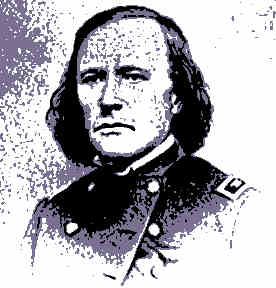
6. Robert E. Lee
General Lee is regarded as one of the most talented generals of the Civil War. President Lincoln initially offered Lee to command the Union army but he declined. He instead commanded the Confederate Army of Northern Virginia until his surrender to General Grant on April 9th, 1865.
Lee used brilliant and aggressive tactics to defeat his Northern enemies, even daringly dividing his army at the Battle of Chancellorsville in 1863 and coming out victorious, thus paving the way for a second invasion of the North.
The ensuing (infamous) Battle of Gettysburg, however, turned disastrous for him when he ordered a frontal assault at the middle of the Northern Line. The doomed attack has come to be known in American history as Pickett’s Charge.
The Southern war effort effectively came to an end when Lee surrendered the last major Confederate army. The South today remembers him as a hero.
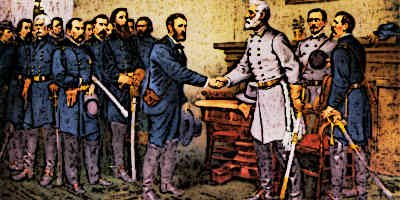
7. Ulysses S. Grant
Grant served as the Commander-in-Chief to the Union Army and led the North to victory in the Civil War; only to later become the 18th President of the United States (he served as President from 1869-1877). He was the only Union general (North) who could match General Robert Lee from the South. His victories at Fort Henry, Fort Donelson, Vicksburg and Chattanooga convinced Lincoln to promote him to the Head of all Union armies.
However, his forces suffered such major losses in the Overland Campaign of 1864 he was nicknamed ‘The Butcher’. At the end of the Civil War, it was Grant’s magnanimous terms at Appomattox that helped the North gain victory over the South, while still allowing the South to keep some of its dignity intact.
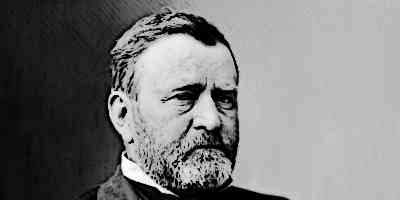
8. William Seward
The Secretary of State for President Lincoln and President Johnson, Seward was an active abolitionist his entire life. He was a major supporter of Harriet Tubman (an American abolitionist and activist born into slavery) in the purchase of a home in his home town of Auburn, New York.
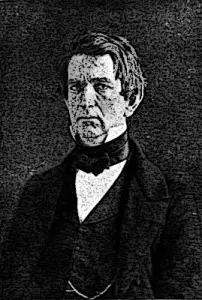
9. Frederick Douglass
A leader of the abolitionist movement, Douglass was born into slavery. He became a leading intellectual of his time and an early champion of women’s rights. He advised presidents and lectured to thousands on a range of causes, from women’s rights to Irish home rule.
He authored several biographies eloquently describing his life in slavery and after the Civil War, including the well-known book, ‘Narrative of the Life of Frederick Douglass, an American Slave’.
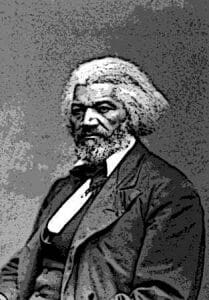
10. Jesse James
A legend of Old Westerns, Jesse James was best known as a leading member of the outlaw gang, James-Younger. He had previously served in the Confederate Army, but soon formed a gang with his brother and their friends, the Youngers, and embarked on a life of crime in the Old West.
In April 1882, after the Youngers had been sentenced to 25 years in prison, Governor Crittenden of Missouri put together a reward for the capture of the James brothers; as a result of which the Ford brothers turned traitor against them.
Jesse was shot in the head by Bob Ford one day at breakfast, and soon his brother Frank James also surrendered himself but returned back to resume a quiet life after a jury decided there was not enough evidence against him.
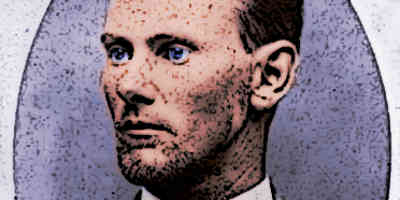
- American Civil War
- Abraham Lincoln Assassination
- American Civil War *10 Surprising Facts
- Causes of the Civil War
- Civil War *Top 10 Events
- Civil War Battles
- Confederate States of America
- Emancipation Proclamation 1863
- Famous Civil War Generals
- Famous Civil War People
- Gettysburg Address 1863
- Inventions and Technologies
- John Wilkes Booth
- Robert E. Lee surrenders 1865
- Sherman’s March to the Sea
- The Andrew Johnson Reconstruction Plan
- The Battle of Fort Sumter
- The Underground Railroad
- Top 10 Generals
- Union vs Confederacy